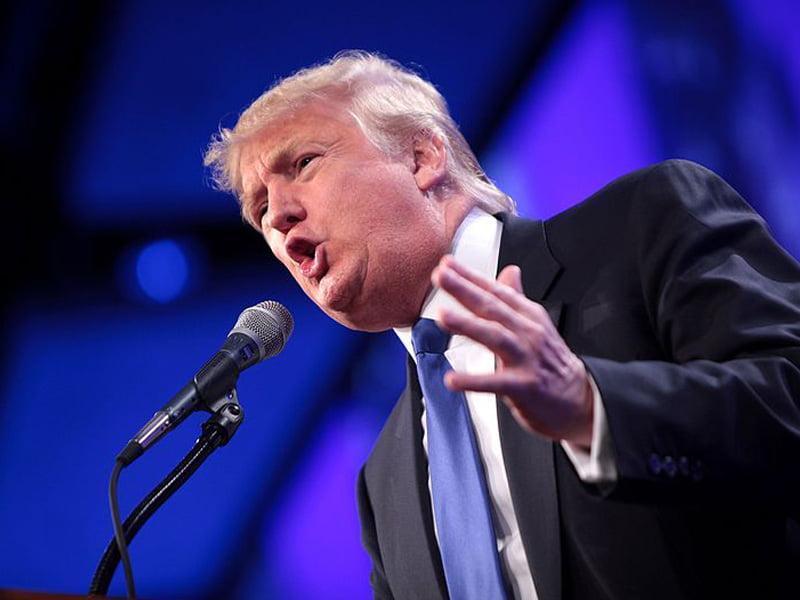Escalating economic and geopolitical competition between the US and China has sharpened this past week, manifested in a raft and new trade tariffs and increasingly hostile rhetoric from President Trump over everything from Huawei and industrial espionage to the security of US communications networks.
It’s not just the scope of the disagreements with China but the heightened language being used to describe them that is causing alarm around the world. These are tectonic shifts, and the spill-over impacts have big implications for Australia.
An executive order signed by President Trump on Wednesday effectively bans Huawei and other Chinese companies from being used in any US telecommunications networks.

And separately, earlier in the week the Department of Commerce had placed Huawei and 70 of its affiliated companies on a watch-list that means it is unable to buy certain strategically important US technologies – high-tech chips for example – without specific US government approval.
And now you can add scientific collaboration between the US and China to the list of business-as-usual contacts between the two nations that is now hotly contested.
A clutch of Republic senators – including Presidential candidates Marco Rubio and Ted Crus, and senior Iowa senator Chuck Grassley – want to ban Chinese students found to have connections to Chinese military banned from receiving student visas or research visas.
The group has introduced proposed legislation to the House of Representatives calling on the US Government to develop a list of scientific and engineering institutions affiliated with the Chinese People’s Liberation Army.
The bill would prohibit individuals employed or sponsored by these Chinese military institutions from receiving student or research visas to the United States.
In presenting the bill, the language has been extraordinary. It is the kind of language that is designed to apply pressure to allies and friends. It’s is a ‘choose your side’ declaration.
“Student and research visas ought to be reserved for those foreign nationals who want to contribute to our universities and research institutions, not for our foreign adversaries and spies that wish to do us harm. China has taken advantage of us for too long,” said Iowa senator Chuck Grassley.
“America must be vigilant in protecting the research, training, expertise, and innovation that the Chinese Communist Party has been stealing and exploiting for military and industrial purposes. I am hopeful my colleagues will move swiftly to pass this bill to safeguard America’s national security,” said Texas senator Ted Cruz.
“We cannot allow Chinese military institutions to obtain visas that give them a technological advantage,” said senator Marsha Blackburn from Tennessee. “Permitting PLA members to access and research dual-use technologies in our universities and labs is damaging to our national security. We can no longer provide them access to the same research opportunities afforded to Americans.”
Local researchers were nonplussed by the proposed US legislation. One senior Sydney-based researcher said the proposed Act missed the point about university research – which is open, published and peer reviewed.
While there is general agreement that applied research in other government agencies – rather than universities – should attract common-sense security credentialing, clamping down on university research collaborations could be an own goal.
Another executive from the research community said the focus is better placed on the nature of the research rather than the citizenship of the student – and that sensible credential processes put in place.
The escalation of the tariff trade war between the US and China and the dramatic sharpening of language around national security in relation to the tech industry and now science has put Australia on notice.
We live in interesting times, and this week it got more interesting still.
Regardless of who wins the federal election on Saturday, the Australian Government generally and the Foreign Affairs department specifically, is being asked some difficult and complex questions that have no easy answers.
Do you know more? Contact James Riley via Email.

